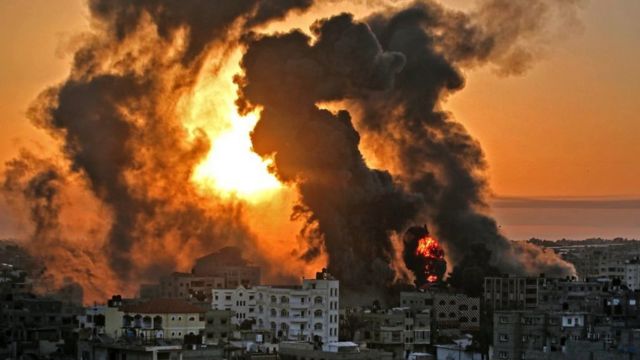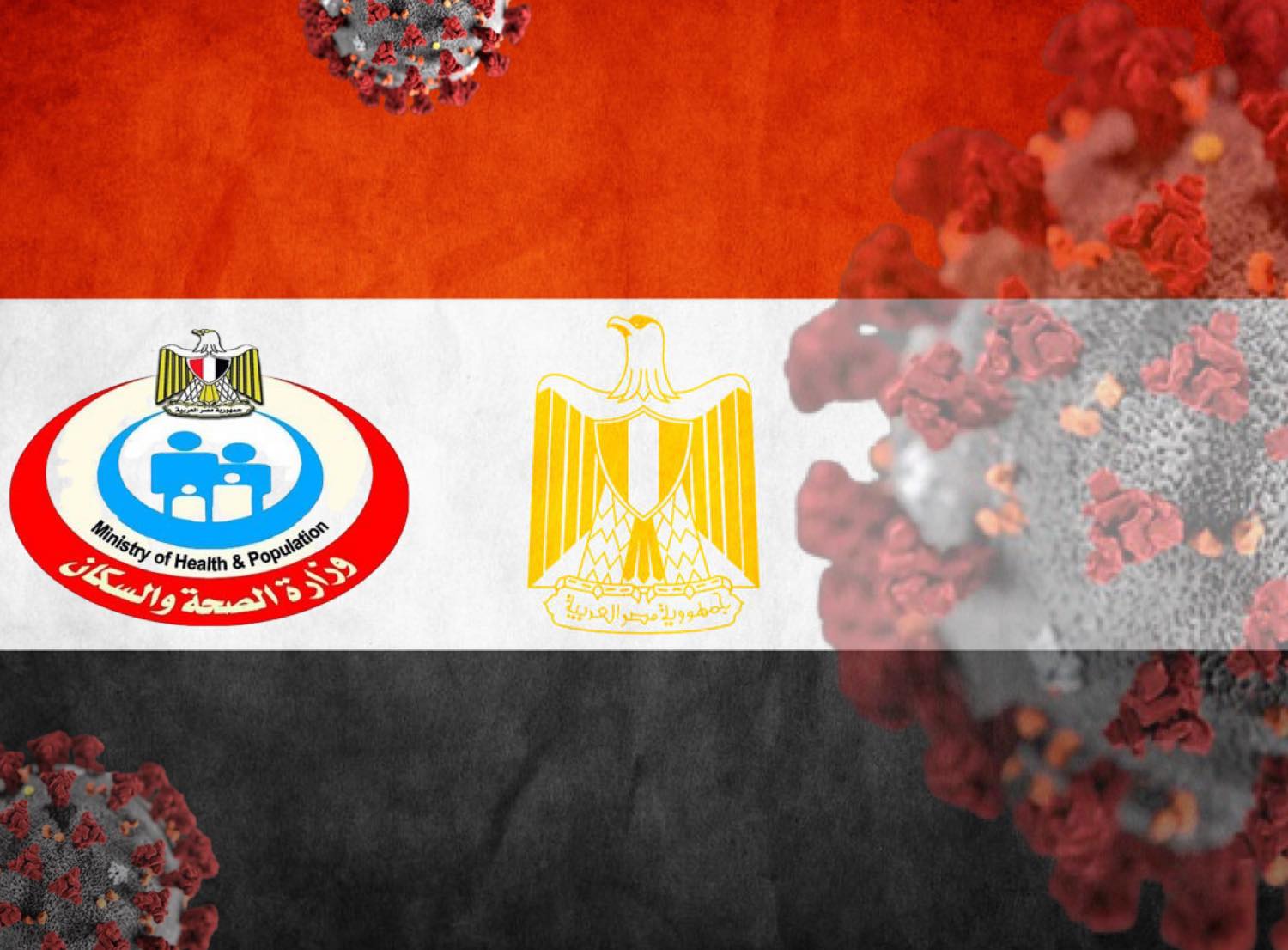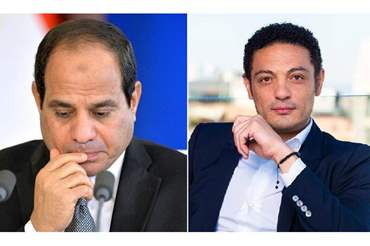In Egypt, a famous proverb goes: “When I hear your words, I believe you, but when I see your behaviour, I am surprised.” This is the current Egyptian position with the Israeli escalation against the Palestinians.
Over the past few days, the Egyptian sovereign bodies made vigorous attempts to win public opinion – local, Arab and international – in a strategic change in Cairo’s position on the Palestinian issue. Despite the media propaganda, the security forces dealt with the matter as if Egypt was fighting the resistance factions with Israel.
Observers have noted a change in the way Cairo is dealing with what is happening in Palestine and Gaza, as the official and media tone began to move towards declaring solidarity with the Palestinians and opposing the Israeli escalation using clear language. However, the arrest of those in solidarity with the cause, the prevention of widespread demonstrations, and the setting of a ceiling for any solidarity indicates that all this change in the matter comes within the framework of political conciliation only, without real solidarity.
Researcher Fatima Abdul-Ghani says: “A gap appeared between the propaganda regarding the shift in the situation and what is happening on the ground, when Abdel Fattah Al-Sisi committed to complete silence, unlike most of the leaders of countries, who were involved in mediation efforts.” When Al-Sisi appeared, he only called for an end to violence. She added, “The publicity was absent from the official Egyptian position, and the pro-regime cells used social media sites to promote a change in the situation, leaving more for the pro-government media space to cover events objectively.”
This strategy expresses the usual method of the Egyptian regime in managing the media, in situations in which it wants to send messages to the major powers indirectly, and in a way that does not count against the regime politically later, according to Abdul-Ghani. This also happened when the regime threatened to use military action against the Renaissance Dam. It was striking that the media professionals loyal to the services, such as General Intelligence and National Security, turned their attention towards the situation in Palestine from one extreme to the other.
On the ground, the security move to suppress any solidarity with the Palestinian cause was in control. The beginning was with the arrest of the writer, Nour Al-Hoda Zaki, in Tahrir Square while raising the Palestinian flag. Zaki recounts what happened to her, saying that security forces detained her and her friend Hayat Al-Shimi for several hours in the vicinity of Tahrir Square after they raised the Palestinian flag in solidarity with the Palestinians.
She confirmed that as soon as they raised the flag in the square, dozens of security men appeared in uniform and civilian clothes and detained them at the entrance to a neighbouring building for a few hours, during which they sat on the ground. “We were verbally assaulted and interrogated about our political affiliations, until a man appeared and spoke with them in a respectful manner, which changed the tone of others, and led to their release after warning them not to do so again.”
As for the young Omar Morsi, he disappeared in Tahrir Square after raising the Palestinian flag in support of the Al-Aqsa Mosque uprising and did not return to his home after Friday prayers in the Omar Makram Mosque. Street vendors and shopkeepers also reported that extensive security campaigns were carried out on popular markets in central Cairo to confiscate Palestinian flags and to warn their sellers that they will be subjected to imprisonment and fines.
According to witnesses, instructions were issued by the National Security Agency of the Ministry of Interior to “prohibit the sale or manufacture of flags of the State of Palestine in all Egyptian governorates during the current period, to block the way to organise solidarity stances with the Palestinian people.” As for the strange incident, which indicates the contradiction in the Egyptian position, it was the case of the arrest of Doctor Hossam El-Din Shaaban, a specialist in orthopedic surgery at Qasr Al-Aini Hospital in Cairo. The army arrested Shaaban, a medical team member who was volunteering to treat the injured Palestinians from the Gaza Strip. It is not yet known where he is being held or the charges against him.
However, media reports say that he is facing the charge of “divulging military secrets” because he listed details of his trip from Cairo to the Egyptian city of Rafah, on the border with Gaza. Shaaban wrote on his Twitter account that he was travelling with the volunteer team from the city of Bir Al-Abed to Al-Arish, North Sinai, accompanied by a military force consisting of two jamming vehicles, three armoured vehicles, a jeep, and a bomb squad. He added, “We arrived at Al-Arish General Hospital and met with the Assistant Minister of Health to distribute the tasks of the medical teams and house them.” The Egyptian authorities have not explained the reasons for Shaaban’s arrest or the timing of his presentation to the competent prosecution office.





Recent Comments